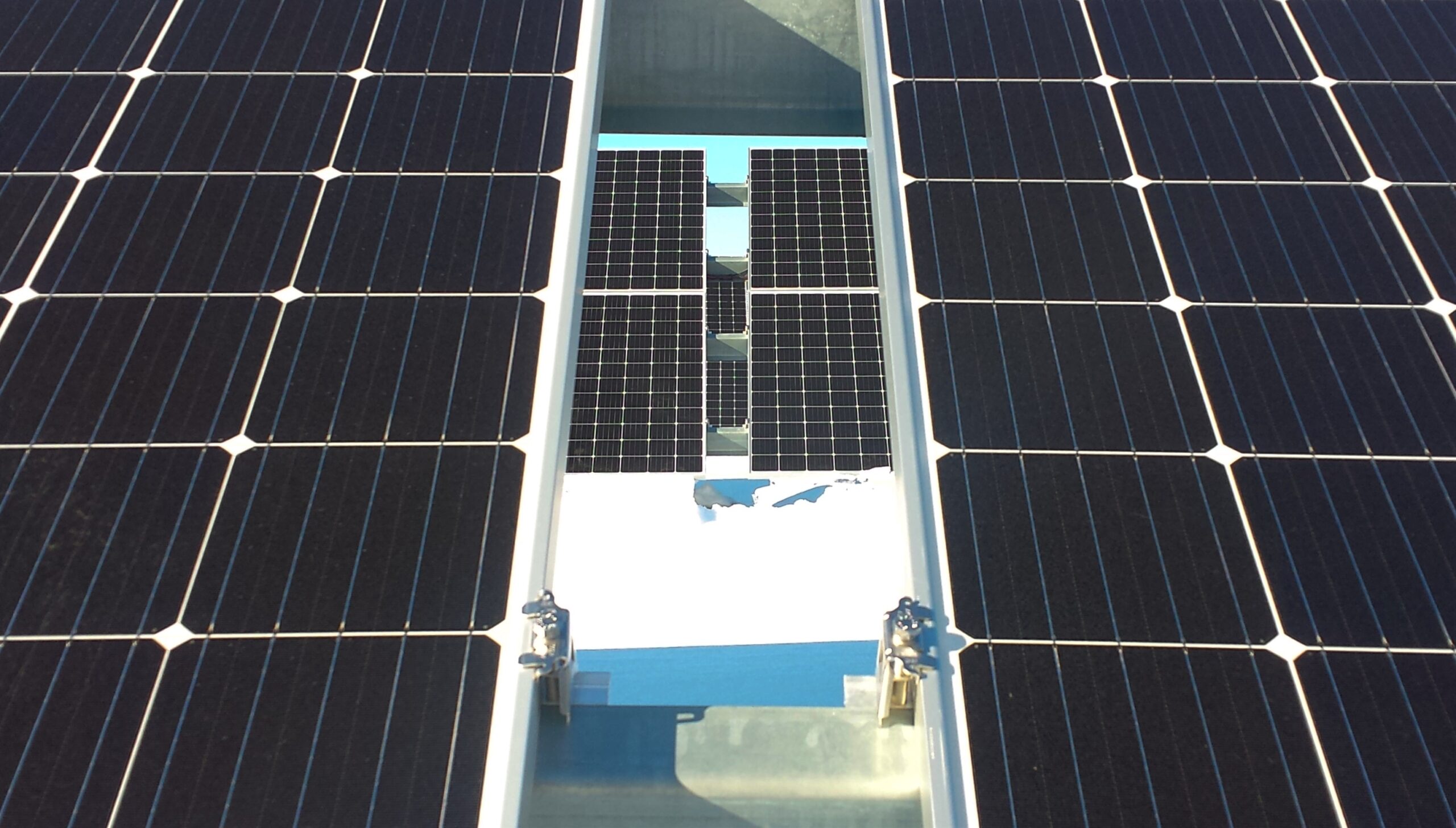
Why some Maine businesses are facing crippling solar fees
By Billy Kobin, Bangor Daily News Staff
Solar subsidies have been a controversial topic in Maine for years, and crippling cost increases that recently took effect for certain businesses are just the latest example.
They are an outgrowth of policies that have evolved since the Democratic-led Legislature and Gov. Janet Mills passed a landmark 2019 law that caused a solar boom, subsidizing projects by charging ratepayers who don’t subscribe to them. This policy has raised electric rates overall, although solar proponents say that ignores the economic effects of their projects.
Until last year, businesses were charged according to the amount of electricity they used. But last year, the Maine Public Utilities Commission made a subtle but important shift by issuing an order that charges commercial customers on a fixed basis according to their rate classes.
These changes were effectively revenue neutral across the entire customer base, Andrew Landry, the deputy public advocate, explained in a June email. It led to wild swings in the distribution of the charges, hitting businesses that use less power than others in their classes.
This is the main reason for a $6,000 charge that may force a sanitary paper products factory in Milo to close after more than doubling its bill. Other businesses across the state have reported similar increases that could affect their operations, and lawmakers are already talking about adjusting the program yet again.
Versant has six rate classes for commercial customers based on electricity use. Of nearly 600 “medium power rate†customers who generally use at least 25 kW, 90 percent saw their bills increase with the change, according to data provided by the utility, with 8 percent — or 45 customers — seeing their bills at least double.
The increases have affected a sliver of Maine companies, ranging from the Milo factory to a Katahdin-area forest products firm that reported a 475 percent hike. The remaining 10 percent of Bangor Hydro District and Maine Public District customers in that “medium†range saw bills decrease, per Versant.
For the 76 “large†customers that use more power, 55 customers — or 72 percent — saw higher bills, with 11 seeing their bills at least double, while 21 customers — or more than a quarter — saw decreases, according to Versant data.
Public Advocate William Harwood, the ratepayer advocate who has warned that solar subsidies would cost ratepayers $220 million annually by 2025, said that stems from usage differences. Customers using less electricity than average within their class will be hit “really hard,†while heavy users will have a bill that “isn’t going to look as bad on the bottom line.â€
CMP and Versant must now make up $130 million in net energy billing-related solar subsidies by July 2025. Harwood explained it as similar to a sales tax. Versant and CMP buy a kilowatt hour of solar energy from the projects at 20 cents a piece, while they sell the electricity for about 5 cents a kilowatt hour. The subsidy covers the 15-cent difference.
The bigger bills for a segment of Maine businesses figure to come up in the halls of the State House next year after plenty of debates honed in on solar subsidies in past sessions.
After plenty of lobbying and back-and-forth debates, the Democratic-controlled Legislature approved last year a bill from Sen. Mark Lawrence, D-Eliot, to let solar firms choose whether to accept subsidies while having Maine seek federal funding to boost solar development.
That bill won out over a proposal from Rep. Steven Foster, R-Dexter, that had a few Democratic supporters and initially would have ended net energy billing before changing to allow the utilities commission to offer adjustments to subsidies in hope of reining in the program.
Foster, who serves on the Legislature’s energy committee, said Monday he hopes the eyebrow-raising bills for certain Maine businesses will result in more debates on who pays for the solar subsidies.
“We’ve got to do something about this,†Foster said. “I’m hoping there’s more interest from the other side of the aisle.â€
Rep. Gerry Runte, D-York, who also is on the energy panel, said the solar subsidies and local power projects offer benefits to communities, but he acknowledged they do not necessarily show up on bills. He agreed the way the costs are allocated could feature in future debates but expressed opposition to continually trying to scrap solar subsidies.
“We can’t be changing the rules with every Legislature,†Runte said.
BDN writers Michael Shepherd and Marie Weidmayer contributed to this report.